In the event of a bank collapse, world-leading economist, analyst, and mathematician, Kelly Korshak says the first thing we should do, especially to protect ourselves, is to make sure our bank is FDIC insured. The FDIC (Federal Deposit Insurance Corporation) represents the federal reserve, that will back your deposits, per account up to $250,000.
No matter what kind of bank, a regional or money center bank like Chase, Bank of America, versus a small, regional bank, the first thing Korshak recommends is that, if you have more than $250,000, you should create several small accounts, and put some of your money in each of the accounts. This way they are all protected.
There are other ways a bank collapse could impact us. If you have account at a bank with $200,000 in it, and that bank collapses, because it’s worth less than $250,000, you’ll get your money and the treasury operate together to allow those deposits to clear quickly.
When you go for a loan, you go the bank that you have deposits with. If that bank collapses, it will no longer be able to give you a loan, or anybody else for that matter. Even if it’s not you looking for a loan, but someone else, and if they’re unable to get a loan, you could lose service.
Bank failures are critical because they spread like wildfire. They spread to every business and every person in the country. Those things, for example, could cause prices to go higher. If a company can’t get a loan, that means they can’t get their supplies, and buy from their vendors. That could impact you locally, as well as globally. So, it’s very inflationary.
Another way a bank collapse can impact you is that, at the end of the day, they set the tone for where the prices of your assets go. If there is a broader failure in the banks going forward, the stock market should not do well. That means that your retirement assets could also be in trouble.
When asked what people should be doing to prepare for a bank collapse, Kelly replied, “I think there are two things. On the banking side, if your deposits are less than $250,000, you’re probably okay. However, if you’re deposits are greater, the first thing I would do is get a second, maybe third account, and bifurcate your money in such a way that no account exceeds $250,000.”
When you have money in an environment like this, your best bet is probably not the stock market. It is finding things in the stock market that represent dividends, and companies that are very likely to continue to pay their dividends.
However, not a great deal of banks have collapsed right now, that’s because the news is not quite letting all of us know the truth, and the fact that the treasury is trying to bail things out. Kelly says what he has seen is a reduction of lending, and he’s also seen a huge increase in debt. Credit card expansion is off the charts, but still credit cards are charging 29% on their loans.
What we’re not seeing in the economy is that the stock market has recently risen by 5% or so. What it doesn’t fit into is that most debt is not being repaid. This is exactly what happened in 2007, where a lot of debt was expanding, but it wasn’t being paid back.
So, on one hand, a debt expansion is generally a good thing. The bad side is the repayment of these loans. This means that banks are still lending. But what is also happening is that people are not paying back their loans, which means interest rates are rising. Kelly says this is why he is very cautious about the US equity market. And even more monies that sit in a bank.
#MillionaireMaker #WealthBuilder #MoneyExpert
